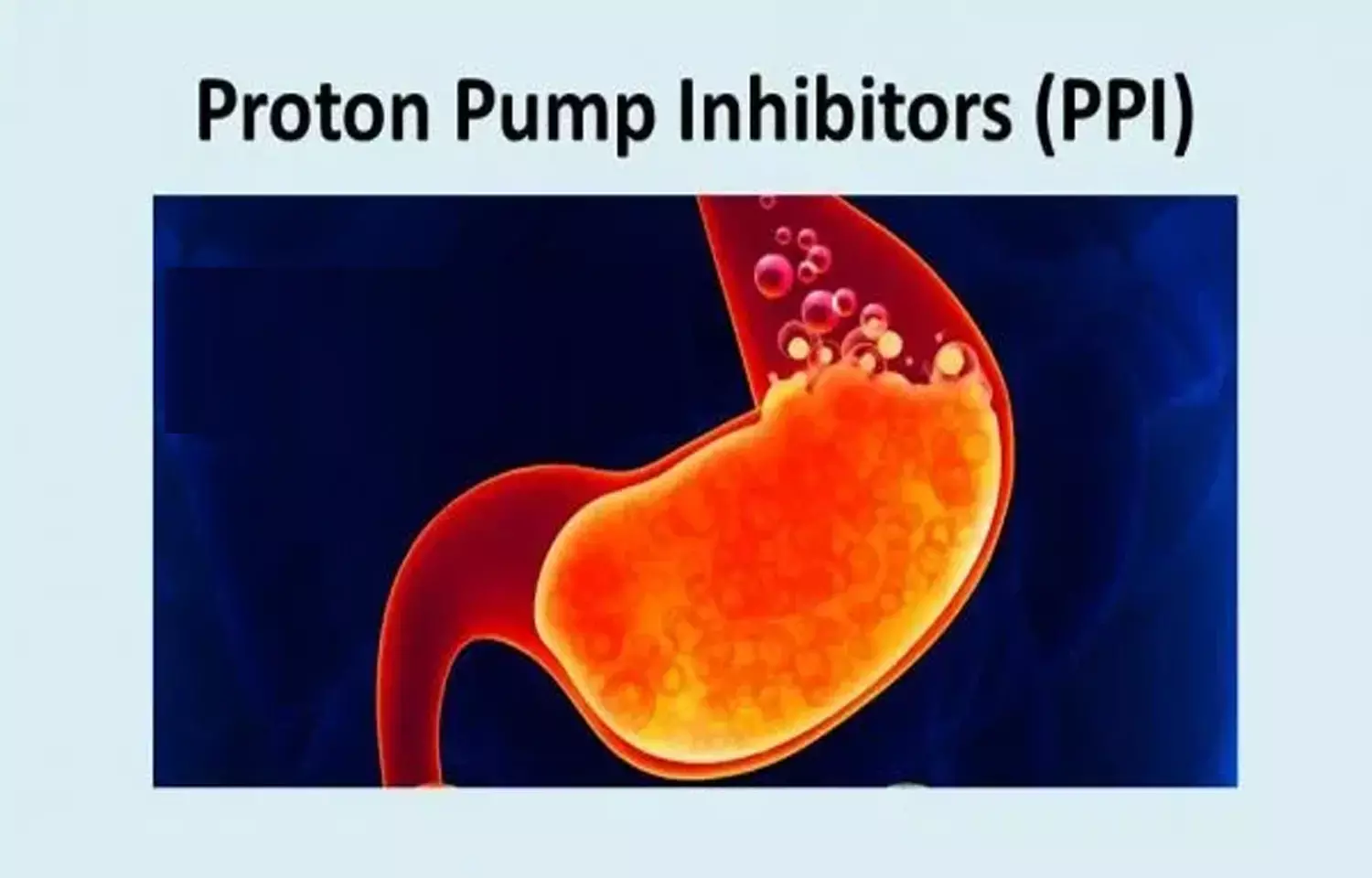- Home
- Medical news & Guidelines
- Anesthesiology
- Cardiology and CTVS
- Critical Care
- Dentistry
- Dermatology
- Diabetes and Endocrinology
- ENT
- Gastroenterology
- Medicine
- Nephrology
- Neurology
- Obstretics-Gynaecology
- Oncology
- Ophthalmology
- Orthopaedics
- Pediatrics-Neonatology
- Psychiatry
- Pulmonology
- Radiology
- Surgery
- Urology
- Laboratory Medicine
- Diet
- Nursing
- Paramedical
- Physiotherapy
- Health news
- Fact Check
- Bone Health Fact Check
- Brain Health Fact Check
- Cancer Related Fact Check
- Child Care Fact Check
- Dental and oral health fact check
- Diabetes and metabolic health fact check
- Diet and Nutrition Fact Check
- Eye and ENT Care Fact Check
- Fitness fact check
- Gut health fact check
- Heart health fact check
- Kidney health fact check
- Medical education fact check
- Men's health fact check
- Respiratory fact check
- Skin and hair care fact check
- Vaccine and Immunization fact check
- Women's health fact check
- AYUSH
- State News
- Andaman and Nicobar Islands
- Andhra Pradesh
- Arunachal Pradesh
- Assam
- Bihar
- Chandigarh
- Chattisgarh
- Dadra and Nagar Haveli
- Daman and Diu
- Delhi
- Goa
- Gujarat
- Haryana
- Himachal Pradesh
- Jammu & Kashmir
- Jharkhand
- Karnataka
- Kerala
- Ladakh
- Lakshadweep
- Madhya Pradesh
- Maharashtra
- Manipur
- Meghalaya
- Mizoram
- Nagaland
- Odisha
- Puducherry
- Punjab
- Rajasthan
- Sikkim
- Tamil Nadu
- Telangana
- Tripura
- Uttar Pradesh
- Uttrakhand
- West Bengal
- Medical Education
- Industry
Regular PPI use related to stroke risk: Study

China: Researchers in a recent study in the journal BMC Medicine, have cautioned against the use of proton pump inhibitors (PPIs) on a regular basis as this might lead to an increased risk of stroke. Further, a higher absolute risk was seen in participants with high baseline stroke risk. So, for individualized use of PPIs, the authors recommend assessment of the underlying stroke risk.
Proton pump inhibitors are one of the most commonly prescribed drugs. They are used widely for the treatment of treat gastroesophageal reflux disease (GERD), upper gastrointestinal bleeding, peptic ulcer, and other acid-related disorders. Randomized controlled trials (RCTs) have suggested a non-significant increased stroke risk among PPI users, there is no confirmation in the association.
Considering the above, Jinqiu Yuan, Big Data Center, The Seventh Affiliated Hospital, Sun Yat-sen University, Shenzhen, Guangdong, China, and colleagues aimed to evaluate the association between regular PPIs use and incident stroke and identified population groups at high net risk in a prospective analysis of 492,479 participants free of stroke from the UK biobank.
Incident stroke was identified through linkage to hospital admission and death registries using the International Classification of Diseases (ICD)-10 codes (I60, I61, I63, and I64). Hazard ratios (HRs) were evaluated adjusting for lifestyle habits, demographic factors, concomitant use of medications, prevalent comorbidities, and indications of PPIs.
In the meta-analysis, the researchers searched the online databases for RCTs comparing PPIs with other interventions, placebo, or no treatment on stroke risk. Results were then combined.
Following were the study's key findings:
· 5182 incident strokes were documented over 3,935,030 person-years of follow-up.
· Regular PPI users had a 16% higher risk of stroke than non-users (HR 1.16).
· The estimated effect was similar to our meta-analysis of nine RCTs (case/participants 371/26,642; RR 1.22; quality of evidence: moderate).
· The absolute effect of PPI use on stroke increased with the baseline Framingham Stroke Risk Score, with an RD of 1.34‰, 3.32‰, 4.83‰, and 6.28‰ over 5 years for the lowest, quartile 2, quartile 3, and the highest quartile, respectively.
"Overall, this prospective cohort study and meta-analysis of randomized trials suggested that regular PPI use was associated with an increased stroke risk, with a higher net risk observed in individuals with high baseline stroke risk," they wrote. "Physicians should therefore exercise caution when prescribing PPIs."
Reference:
Yang, M., He, Q., Gao, F. et al. Regular use of proton-pump inhibitors and risk of stroke: a population-based cohort study and meta-analysis of randomized-controlled trials. BMC Med 19, 316 (2021). https://doi.org/10.1186/s12916-021-02180-5
Dr Kamal Kant Kohli-MBBS, DTCD- a chest specialist with more than 30 years of practice and a flair for writing clinical articles, Dr Kamal Kant Kohli joined Medical Dialogues as a Chief Editor of Medical News. Besides writing articles, as an editor, he proofreads and verifies all the medical content published on Medical Dialogues including those coming from journals, studies,medical conferences,guidelines etc. Email: drkohli@medicaldialogues.in. Contact no. 011-43720751


